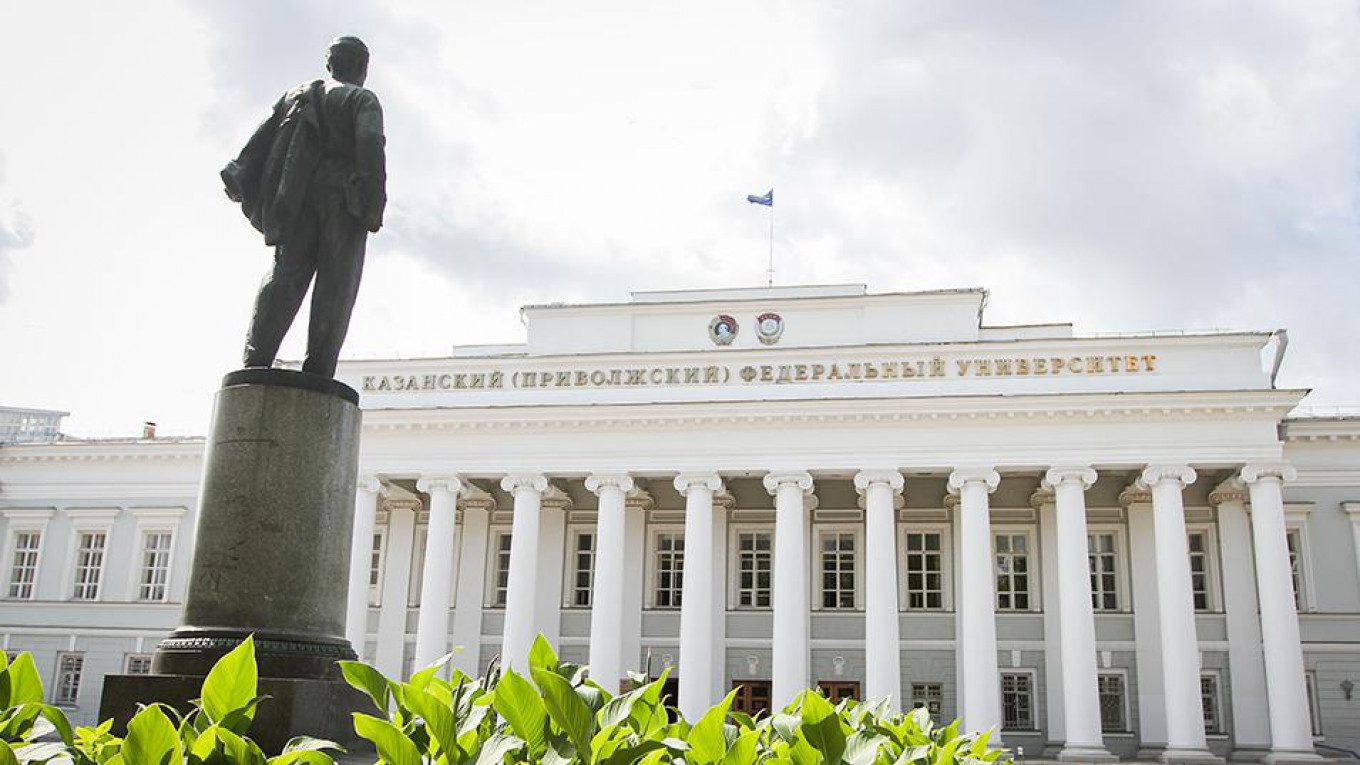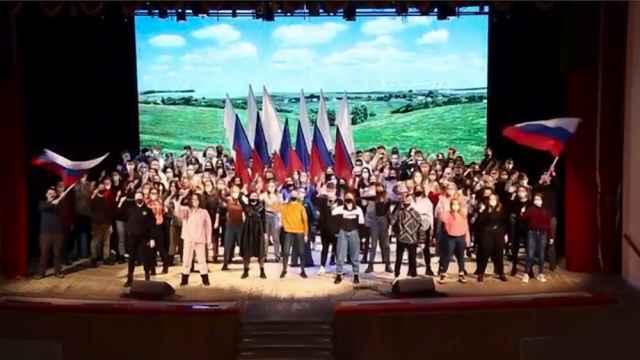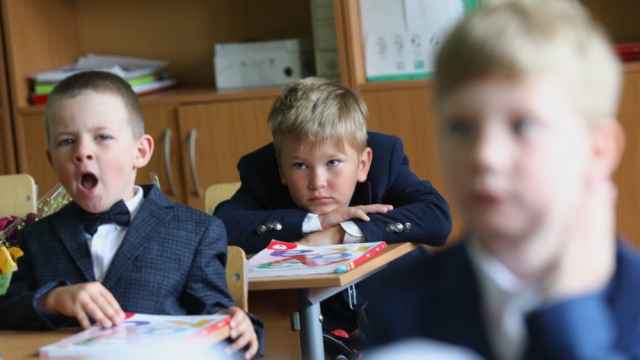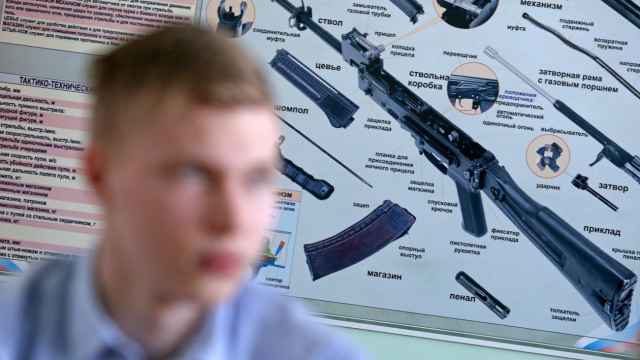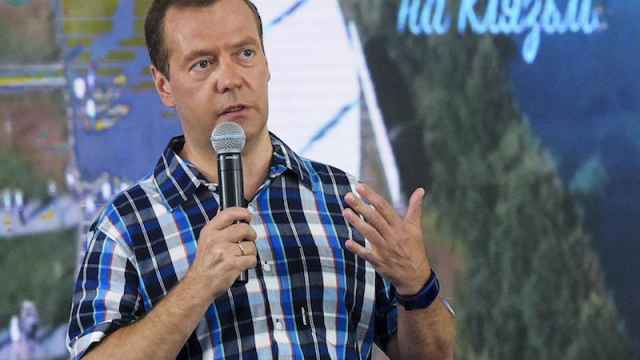Kazan hosts one of Russia’s oldest universities, which has a fascinating history and counts a number of familiar faces among its alumni. It’s also an important Kazan landmark.
Kazan Landmark
Kazan Federal University is one of the three oldest classical universities in Russia (after the St. Petersburg and Moscow state universities) and the first one to be built outside the two capitals. It was founded in 1804 during the reign of Tsar Alexander I.
Located in the very heart of the city, it occupies a whole block on Kremlyovskaya Ulitsa. It is considered a historical and architectural landmark and is open to tourists. The main entrances are on Kremlyovskaya, Profsoyuznaya and Universitetskaya streets.
Once inside the university grounds, you will find an ethnographic museum, established in 1815 as a storage facility for various antiquities, and an observatory, which doubles as a platform from which to see the rest of Kazan. Sit there with the local students, enjoying the views of central Kazan.
Kazan University played an important role in establishing a printing industry in the region, as well as founding the region’s first newspaper and contributing to the establishment of local theaters.
Nikolai Lobachevsky, the world-renowned mathematician and father of non-Euclidean geometry, taught here for 40 years — and for 19 of those years he also served as the university’s president. He made Kazan University one of the premier locations for higher education in Russia.
Tolstoy and Lenin
Leo Tolstoy spent quite a bit of time in Kazan. He moved here in 1841 with his two older brothers and his sister, under the guardianship of his aunt when he was just 13. In 1844 he started at Kazan University and began studying at the philosophy department, but he transferred to law school the following year.
While in Kazan, Tolstoy spent a lot of time at various social events and balls. He grew increasingly uninterested in his classes because of their extreme formalist nature and finally quit university in 1847. He also decided to leave Kazan at this point and moved to the Yasnaya Polyana family estate.
In 1887 the future leader of the Bolsheviks, Vladimir Ulyanov (Lenin) studied at Kazan University, but not for long. In the spring of the same year, before Lenin started university, his brother Alexander Ulyanov was arrested and executed for an assassination attempt on Tsar Alexander III. Lenin was unable to attend university in St. Petersburg or Moscow because of the event.
In December 1887, local newspapers published a statement about student riots in Moscow. This prompted Kazan students to organize a protest of their own; Lenin played a significant role.
University inspectors took note of the most active students during the protests and tracked Lenin in particular. After the protest, he was suspended from the university, arrested and exiled to a village near Kazan. That is how Lenin’s brief Kazan period ended, all before he was 18 years old.
Troubled Writer
Another important figure in Russian and Soviet literature, whose fate is connected to Kazan University, is Maxim Gorky. Alexei Peshkov, which was Gorky’s real name, came to Kazan in 1884 and applied to study at Kazan University. However, in the end he was rejected, because in that year the number of places for students from poor backgrounds had been decreased drastically. Peshkov also had problems providing proof that he had attended high school.
Instead of entering university, Peshkov started working at the docks, where he met revolutionary-minded young people. From 1885 he switched to working at bakeries, which were connected to illegal left ist self-education clubs.
In 1887, 19-year-old Peshkov tried to commit suicide on the banks of Volga River, shooting himself with a rifle.
The bullet went through his lung and although the surgery was successful, it later affected his health. At the hospital, Peshkov made one more attempt to end his life, by drinking a vial with chloral hydrate. He was saved by hospital staff, who pumped his stomach.
Gorky later described these events in his literary works “My Universities” and “An Incident From the Life of Makar.” For the suicide attempt and the refusal to show penitence, Peshkov was excommunicated from the Orthodox Church for four years. In 1888 he left Kazan and became involved with revolutionary activists, promoting their cause among the lower classes.


